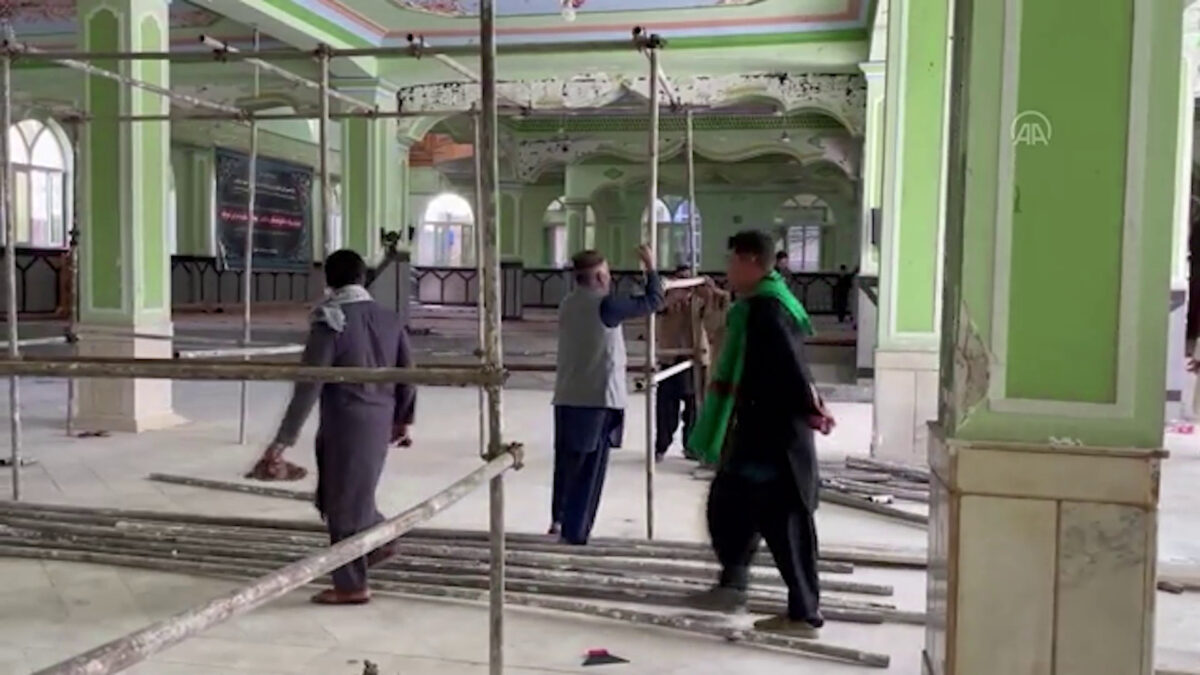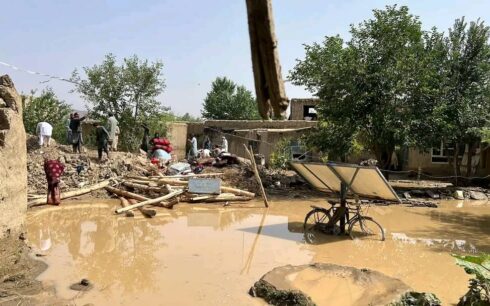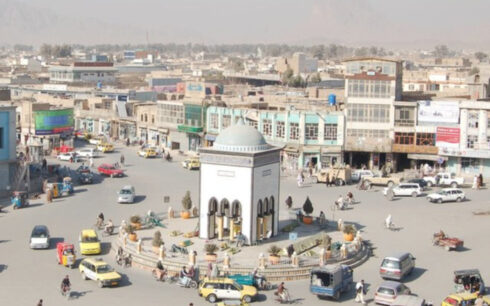In the two years since the Taliban took over power in Afghanistan, Daesh’s Khorasan branch, ISIS-K, has conducted at least 16 major attacks in various parts of the country, resulting in 427 deaths and 673 injuries, Amu findings indicate.
The attacks predominantly targeted the Hazara and Shia communities in Afghanistan, with nine specific incidents. The remaining involved general targets and assassinations of senior local Taliban officials.
United Nations data from Aug. 15, 2021, the day the Taliban seized power, to Feb. 15, 2022, show 1,153 civilians were killed or injured in ISIS attacks in Afghanistan, mainly Shiites and Hazaras.
The Taliban claim ISIS has been nearly eradicated in Afghanistan. However, the ongoing ISIS threat and its objectives in the country remain a concern.
Since its establishment in Afghanistan in 2014, ISIS-K’s threat level has varied significantly. Despite the Taliban’s repeated assertions of neutralizing ISIS, the group has conducted 16 attacks in the past two years, nine specifically targeting the Hazara and Shia populations, including attacks on mosques.
Main ISIS attacks against the Hazara and Shia include:
The Sept. 30, 2022, attack on Kabul’s Kaaj educational center, caused 53 fatalities and 110 injuries.
The Oct. 15, 2021, assault on Kandahar’s Bibi Fatima mosque, resulted in 36 deaths and 70 injuries.
The Oct. 8, 2021, attack on Kunduz’s Sayed Abad Mosque, caused 50 deaths and 100 injuries.
The April 21, 2022, attack on Mazar-e-Sharif’s Sedokan Mosque in Balkh Province, caused 30 fatalities and 90 injuries.
The Aug. 6, 2022, attack in Kabul on Ustad Mazari, killing eight and injuring 22.
The Oct. 13, 2023, attack on Baghlan’s Imam Zaman Mosque, caused 18 fatalities and 30 injuries.
The Oct. 26, 2023, attack on Kabul’s Melet stadium, resulted in eight deaths and seven injuries.
The Nov. 9, 2023, attack on a passenger car in West Kabul, killing seven and injuring 20.
These attacks left 221 dead and 473 injured, independent sources and media report.
“Recent suicide attacks in mosques across several provinces, claimed by ISIS, almost amount to genocide against specific groups [Hazara people],” says Kabul resident Mitra. “The Taliban’s denial of ISIS’s existence contradicts our security concerns.”
In three instances, ISIS targeted high-ranking local Taliban officials, including Mohammad Dawood Mozammil, the Taliban governor of Balkh Province, who was killed along with two injured civilians.
ISIS also executed a suicide attack on the Taliban governor in Balkh on March 9, 2023, resulting in his death and two civilian injuries, and two additional attacks in Badakhshan on June 8 and 9, 2023, killing two senior Taliban members.
Azimullah Worsaji, former Afghan embassy charge d’affaires in Qatar, noted, “By overstating ISIS’s regional threat, the Taliban seek trust and support from regional countries against ISIS. The rise of terrorist group rivalries and regional support for the Taliban pose the greatest threat to Afghanistan’s future.”
ISIS also targeted public figures and locations, including:
August 26, 2021, attack on Kabul airport during evacuation process: 170 civilians, 13 American soldiers killed, 150 civilians wounded
September 2, 2022, attack on Herat gas station mosque: 30 killed – 23 wounded
March 12, 2023 – attack on Tabian cultural center and journalists in Balkh: 3 killed – 30 injured
December 12, 2022 – attack on Chinese hotel in Kabul: 18 injured, including foreign citizens
“These organized attacks by ISIS on Taliban officials, military bases, and neighboring countries demonstrate Afghanistan’s role as a haven for ISIS,” states Akmal Baqa, a university professor.
Taliban spokesman Zabihullah Mujahid did not respond to Amu’s question about the threats of ISIS-K in Afghanistan. However, in recent months, he has consistently said that ISIS has been suppressed in Afghanistan.
According to the United Nations Secretary General’s 17th report, 4,000 to 6,000 ISIS fighters and their families are in Afghanistan, posing a significant regional and global security threat.





